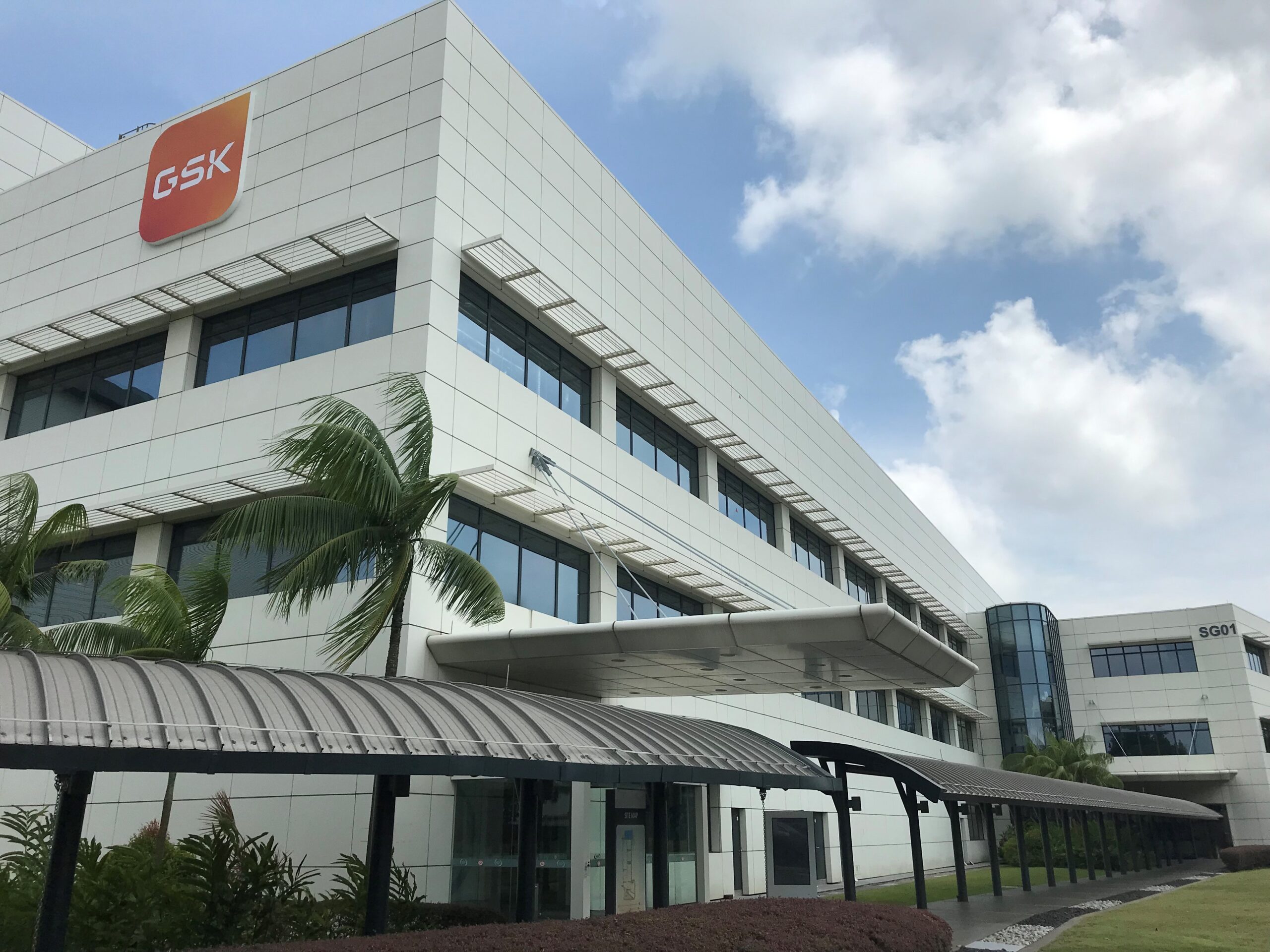The European Medicines Agency’s (EMA) Committee for Medicinal Products for Human Use (CHMP) has adopted a positive opinion to recommend the marketing authorization of Blenrep (belantamab mafodotin) in two combination regimens in adult patients with relapsed or refractory multiple myeloma.
The CHMP recommendation favors Blenrep with bortezomib and dexamethasone (BorDex) in patients who have received one or more previous treatments. It also favors Blenrep with pomalidomide and dexamethasone (PomDex) in patients with prior therapy of two or more regimens, including an immunomodulatory agent and a proteasome inhibitor, and whose disease progressed on the most recent treatment.
Multiple myeloma is a form of blood cancer that invades plasma cells. Blenrep is an antibody-drug conjugate directed against a protein expressed on the surface of myeloma cells.
This CHMP positive opinion is an important milestone towards possible authorization to market in the European Union. Regulatory agencies like the UK’s Medicines and Healthcare products Regulatory Agency (MHRA), Japan’s Ministry of Health, Labour and Welfare, and the US Food and Drug Administration (in accordance with the Prescription Drug User Fee Act – PDUFA) also have a part to play in the general regulatory environment for therapies like Blenrep. Drugs additionally named in the context of treatment for multiple myeloma include lenalidomide and daratumumab.
With the right dose adjustments and follow-up, DREAMM-7 and DREAMM-8 demonstrated that any eye-related side effects linked to Blenrep may be controlled and reversed, allowing patients to continue to benefit and resulting in low dropout rates (≤9%) in both studies. Neutropenia (63%), thrombocytopenia (55%), and COVID-19 (37%) were the most frequently reported non-ocular adverse effects (>30%) in the Blenrep combo arm of DREAMM-8, while thrombocytopenia (87%) and diarrhea (32%), in DREAMM-7.
Last Modified:
Graduated from the University of Kerala with B.Sc. Botany and Biotechnology. Attained Post-Graduation in Biotechnology from the Kerala University of Fisheries and Ocean Science (KUFOS) with the third rank. Conducted various seminars and attended major Science conferences. Done 6 months of internship in ICMR – National Institute of Nutrition, Hyderabad. 5 years of tutoring experience.






